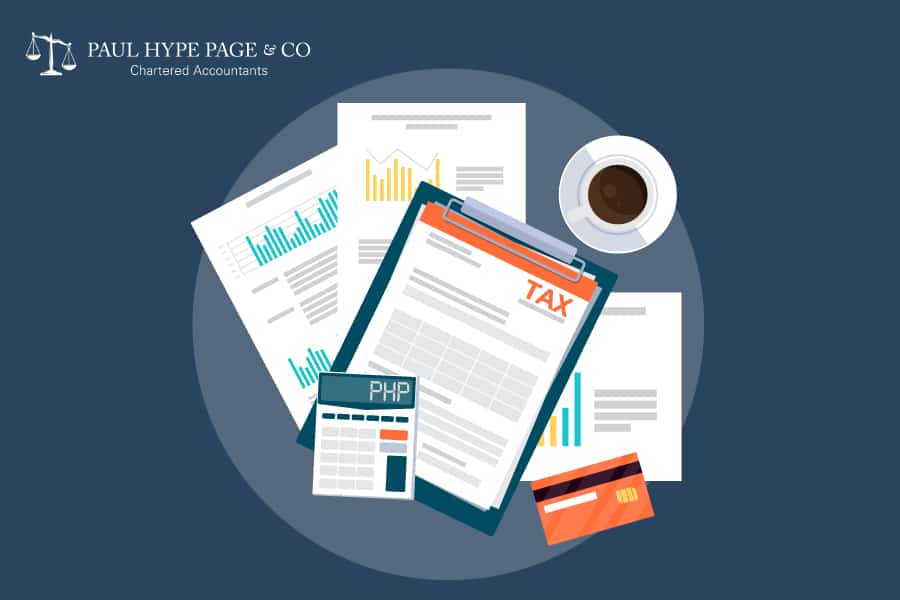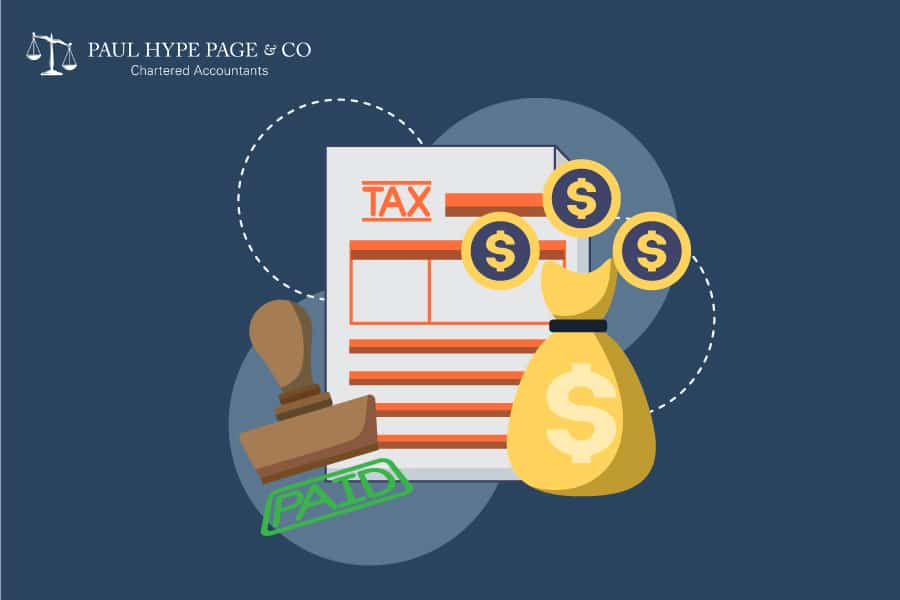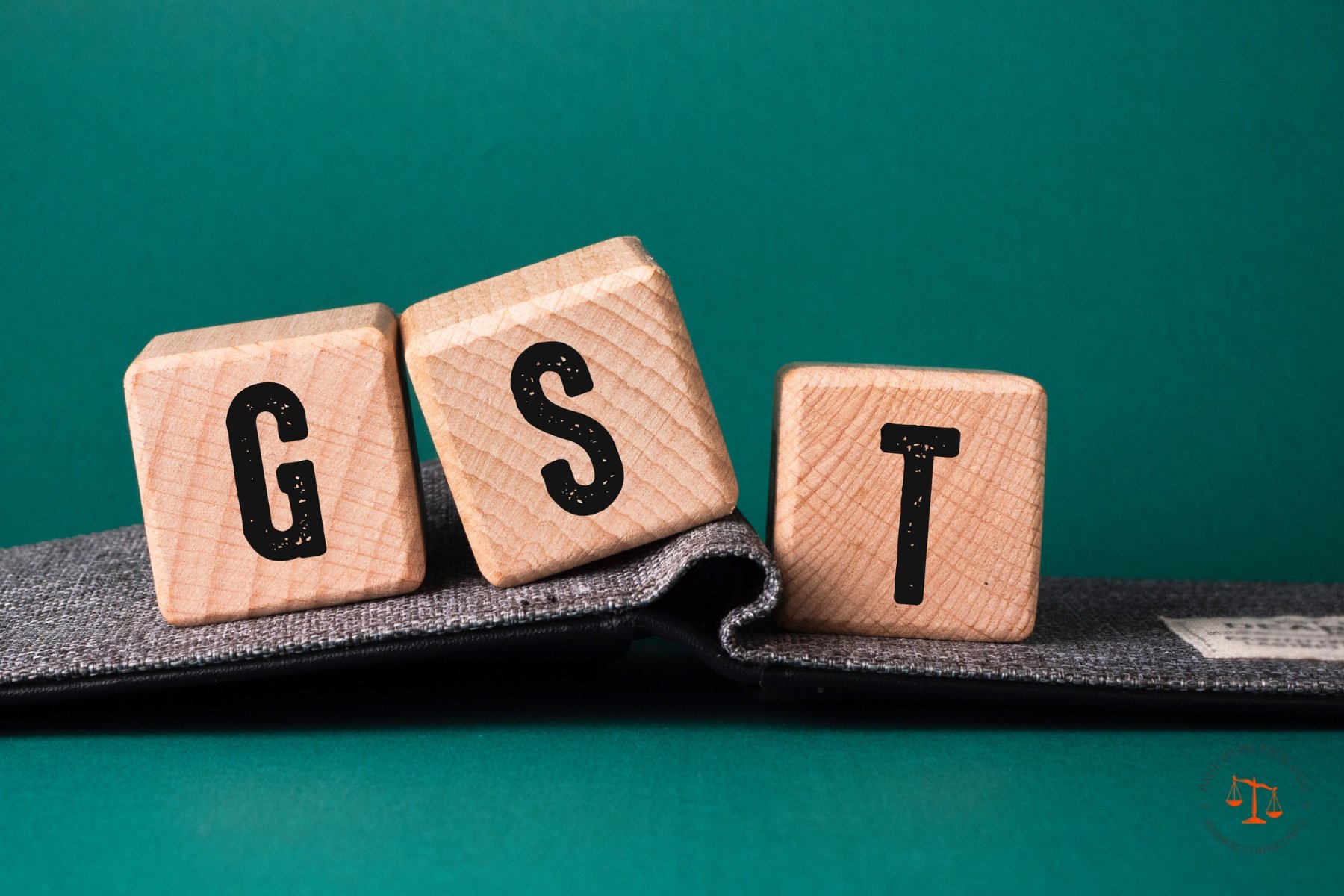Both countries have been competing to attract foreign investors with tax-friendly policies, easy company registration, and strong communication. The two countries have been having cutthroat competition for business supremacy in the region. However, Singapore has quickly been attracting the bulk of distant shareholders on its soil.
When it comes to corporate taxation in Singapore Vs Hong Kong the corporate tax rate in Singapore is 17% while the corporate profits in Hong Kong is 16.5% profits and for unincorporated companies it stands at 15%. This goes to show that Singapore keeps lowering its tax rates constantly to help maintain its competitiveness.
Taxes affect the decision of any person in the way of setting up a business in an area. Singapore has low efficient individual and corporate tax rates, giving it an advantage since the personal income tax rate begins at 3.5%, up to 20% for higher earners. However, in Hong Kong salary tax begins at 2% and goes up to 17% for higher earners even though the net tax paid in Singapore is much lower than in Hong Kong.
Forming a Company to Lower Taxes Paid
The headline corporate tax rate in Singapore, like in many other jurisdictions, doesn’t always accurately represent the actual tax burden for companies. This is because tax exemptions and incentives can significantly reduce the effective tax rate. For small Singapore companies, these exemptions can make their effective tax rates considerably lower than the corporate tax rate in Hong Kong.
The valuable corporate tax rate for Singapore private companies goes up to 17% for companies that make profits of up to SGD 300,000. Any new corporation in Singapore will enjoy full tax exemption on the first S$100,000 in profits made for the first 3 years and thereafter 50% for the next S$200,000. Starting in 2010 government upgraded its fractional and full-tax exemption scheme for start-ups too while permitting start-ups to enjoy either Corporate Income Tax (CIT) rebates or SME cash grants.
Summary of Singapore Tax Incentives
Singapore’s Tax Incentives and Their Impact
The Singapore government has strategically implemented a comprehensive suite of industry-specific tax incentives to attract foreign investment and stimulate the growth of targeted industries within the country. These incentives play a pivotal role in fostering a favourable business environment, encouraging entrepreneurship, and promoting economic diversification. By offering tax breaks, exemptions, and other financial advantages, the government aims to make Singapore an attractive destination for businesses seeking to expand their operations or establish new ventures.
One of the primary benefits of Singapore’s tax incentives is its ability to attract foreign direct investment (FDI). By providing a competitive tax environment, the government can entice multinational corporations to set up regional headquarters, manufacturing facilities, or research and development centres in Singapore. This influx of FDI not only contributes to economic growth but also brings in valuable expertise, technology, and job opportunities.
Moreover, these tax incentives play a crucial role in supporting the development of small and medium-sized enterprises (SMEs). SMEs are crucial to Singapore’s economy. Tax relief helps them overcome challenges and grow, creating jobs and boosting the economy’s dynamism.
Comparative Analysis of Territorial Taxation in Hong Kong and Singapore
While both Hong Kong and Singapore adhere to the territorial taxation principle, there are notable differences in their specific implementations. Understanding these distinctions is essential for businesses considering operations in either jurisdiction.
In Hong Kong, a company can generally enjoy tax exemption on income derived from transactions conducted outside the territory. However, certain conditions must be met to qualify for this exemption. For instance, the transaction must be genuinely offshore, and the company must not have a permanent establishment in a foreign jurisdiction. Additionally, the income must be derived from a source outside Hong Kong.
In contrast, Singapore’s territorial taxation system operates slightly differently. While Singapore also exempts income derived from offshore sources, the company must generally ensure that the profits are not repatriated to Singapore within a specific timeframe. This requirement aims to prevent companies from using Singapore as a tax haven to avoid paying taxes in their home jurisdictions.
Furthermore, both Hong Kong and Singapore offer additional tax benefits to companies. For example, dividends received by a Singapore or Hong Kong company from a foreign subsidiary are generally exempt from corporate tax. This provision encourages outbound investments and can enhance the competitiveness of local companies in the global marketplace.
Hong Kong and Singapore as Ideal Locations for Trading, Financing, and Licensing Activities
Given their territorial tax systems, Hong Kong and Singapore have emerged as highly attractive destinations for businesses engaged in trading, financing, and licensing activities. The favourable tax treatment offered by these jurisdictions can significantly reduce the overall tax burden on such operations.
For trading companies, Hong Kong and Singapore provide a strategic location for conducting international trade. Singapore and Hong Kong’s efficient logistics and favourable taxes make them ideal for trading businesses. Companies can benefit from lower taxes and strategic locations by setting up in either country
Similarly, Hong Kong and Singapore are popular choices for financial services firms. The stable political environment, robust legal framework, and access to a deep pool of talent make these jurisdictions attractive for banks, investment firms, and insurance companies. The favourable tax treatment for financial services activities further enhances their appeal.
Moreover, businesses engaged in licensing activities can also find significant advantages in Hong Kong and Singapore. The low corporate tax rates and the territorial taxation principle make these jurisdictions attractive for companies that derive income from intellectual property rights. By licensing their intellectual property to subsidiaries or affiliates in these countries, companies can reduce their overall tax liability.
Considerations for International Tax Planning in Hong Kong and Singapore
While Hong Kong and Singapore offer numerous benefits for international tax planning, it is essential to approach such matters with careful consideration and professional advice. Understanding their complex tax rules and the changing global tax environment is key to minimizing taxes.
One of the key factors to consider is the specific nature of the business activities. Different types of businesses may have varying tax implications, and it is crucial to tailor the tax planning strategy accordingly. For instance, a trading company may have different tax considerations compared to a financial services firm or a licensing business.
Additionally, the structure of the business entity plays a significant role in tax planning. Whether it is a sole proprietorship, partnership, or corporation, the choice of entity can impact the tax treatment of income and expenses. Careful consideration should be given to the advantages and disadvantages of each entity type in the context of the specific business operations.
Moreover, the location of the business activities is another important factor. While Hong Kong and Singapore offer favourable tax treatment for offshore activities, it is essential to ensure that business operations are genuinely conducted outside the territory. Failure to comply with the specific requirements for offshore income can result in adverse tax consequences.
In conclusion, Hong Kong and Singapore present exciting opportunities for international tax planning. By carefully considering the specific factors outlined above and seeking professional advice, businesses can effectively leverage the favourable tax regimes offered by these jurisdictions to optimize their tax positions and enhance their overall profitability.
FAQs
| Modes | How to e-File |
|---|---|
| Online | Complete and file Form C online. Attach tax computation, financial statements, detailed profit and loss statement, and other supporting documents before submitting them to IRAS. |
| Form C (Upload)
Available now |
Download and complete Form C (PDF format), in a local machine. No signature is required in the Part V Declaration. When the Form C is completed and the file is saved in a local drive, upload it to myTax Portal and submit it together with tax computation, financial statements, detailed profit amd loss statement, and other supporting documents. Please upload the original Form C (PDF Format). Do NOT upload a scanned or printed copy of Form C or Form C-S. |
A company has to file a complete set of returns by November 30, the filing deadline, every year.
No, Hong Kong (16.5%) has lower corporate tax as compared to Singapore (17%).
There are several reasons why people choose to do business in Singapore and one of the main advantages is the ease of doing in the country and the ability to adapt in Singapore fast as a foreigner.
Yes, living in Hong Kong is more expensive than living in Singapore. According to the Economist Intelligence Unit’s cost of living report 2020, Hong Kong is the most expensive city in the world. A cup of coffee will easily cost around S$9.48 in Hong Kong; while in Singapore, it will cost about S$6.77 per cup.
Singapore tax is relatively low as compared to other countries because competitiveness is a decisive consideration undergirding its tax policy.
The corporate tax rate in Singapore is 17%.
Audited and unaudited financial statements, tax computations, claim forms, and other documents must be prepared or filed with an income tax return (Form C-S/ C).
Records and Accounts Keeping
Companies are required to keep proper records and accounts of business transactions. Using accounting software helps businesses improve record keeping and comply with tax obligations. Businesses can also use the information found in the software to ensure that operations are effective and efficient. The IRAS’ Accounting Software Register lists the accounting software that are able to meet IRAS’ technical requirements, and businesses considering using accounting software for record-keeping purposes are encouraged to consider software on this list.
For companies eligible to file Form C-S
Companies that meet the qualifying conditions may report their income by filing Form C-S instead of Form C. Such companies must prepare:
- audited and unaudited financial statements;
- tax computation and supporting schedules; and
- other documents such as claim forms for claiming certain tax deductions or benefits.
The above mentioned documents are to be prepared and retained for submission upon IRAS’ request, except for Declaration for the Purpose of Claiming Writing-Down Allowances for Intellectual Property Rights (IPRs) under Section 19B of the Income Tax Act.
A company must declare its income by completing the Income Tax Form for companies. This is known as Form C and must be completed each year.
IRAS will send the first Form C to a newly incorporated company in the second year following the year of incorporation.
Thereafter, Form C for subsequent YAs will be sent to your company in March or April every year.
You may need to request for the first Form C to be sent to you earlier, that is, in the year immediately after the year of incorporation (instead of the second year following the year of incorporation) under certain circumstances.
Note that income is assessed on a preceding year basis. This means that the basis period for any YA generally refers to the financial year ending in the year preceding the YA.
Example 1
Your company is incorporated on July 1, 2007, and its financial year end is June 30.
If your company’s first set of accounts covered the period from the date of incorporation (July 1, 2007) to June 30, 2008, your accounts will be for YA 2009. You do not need to request for Form C for YA 2008.
Example 2
Your company is incorporated on July 1, 2007 and its financial year end is December 31.
If your company’s first set of accounts covered the period from the date of incorporation (July 1, 2007) to December 31, 2007, your accounts will be for YA 2008. In this case, you have to request for Form C for YA 2008.
- Form C can be requested via the form titled “Request for Form C for Newly Incorporated Companies or Companies Granted Waiver to Submit Form C/Change of Particulars (36KB)”.
- If a company’s first set of accounts covered the period from the date of incorporation to December 31 of a particular year, accounts will be for the YA after the December 31 which ends the period. There is no need to request for Form C for the YA before it.
Accounts for a given period are to be submitted with the Form C. Form C will be sent to a company in March or April. When filing Form C for a YA, separate tax computations must be submitted for each of two YAs if accounts cover a period of more than 12 months. Income must also be apportioned for each period, and a letter stating that tax computations for the two YAs are enclosed must be attached.
About The Author
Share This Story, Choose Your Platform!
Related Business Articles






Thai Citizen wanting to setup a Corp in either HK or Singapore.
Type of Business is online Pet Supplies Marketing. No products to be sold in either HK or Singapore…online sale only. All transactions are credit card sales. No physical presence in either country. It seems difficult to obtain a Merchant Account for a Thai Corp.
If you can help me please contact me.
Thanks
Dear Jerry,
You can go for our Incorporation package with Nominee director. We will also need to understand more about your business plan so to recommend the right kind of incorporation that best suit your business model.
Paul